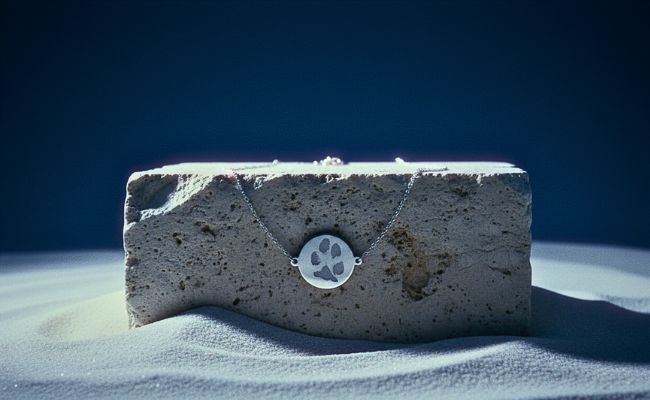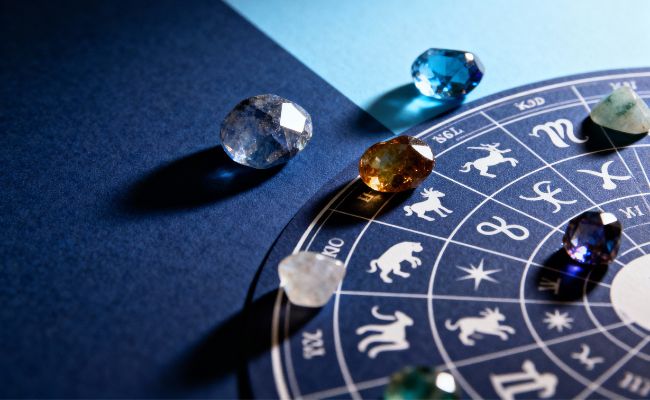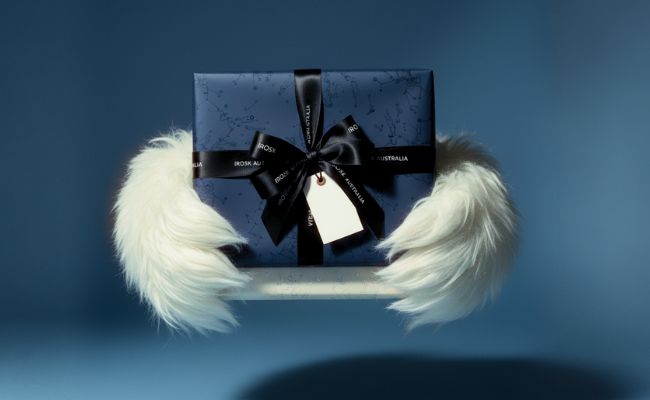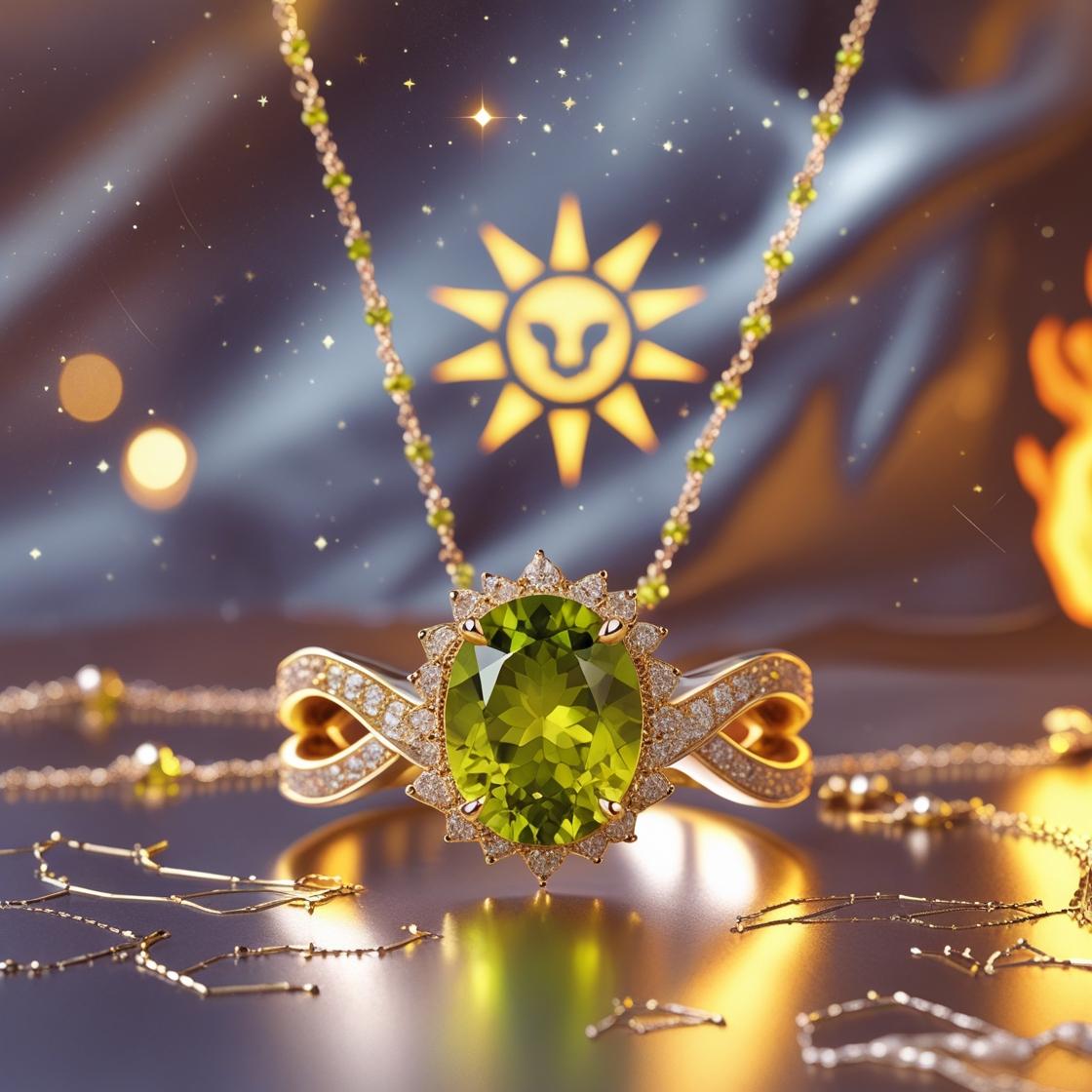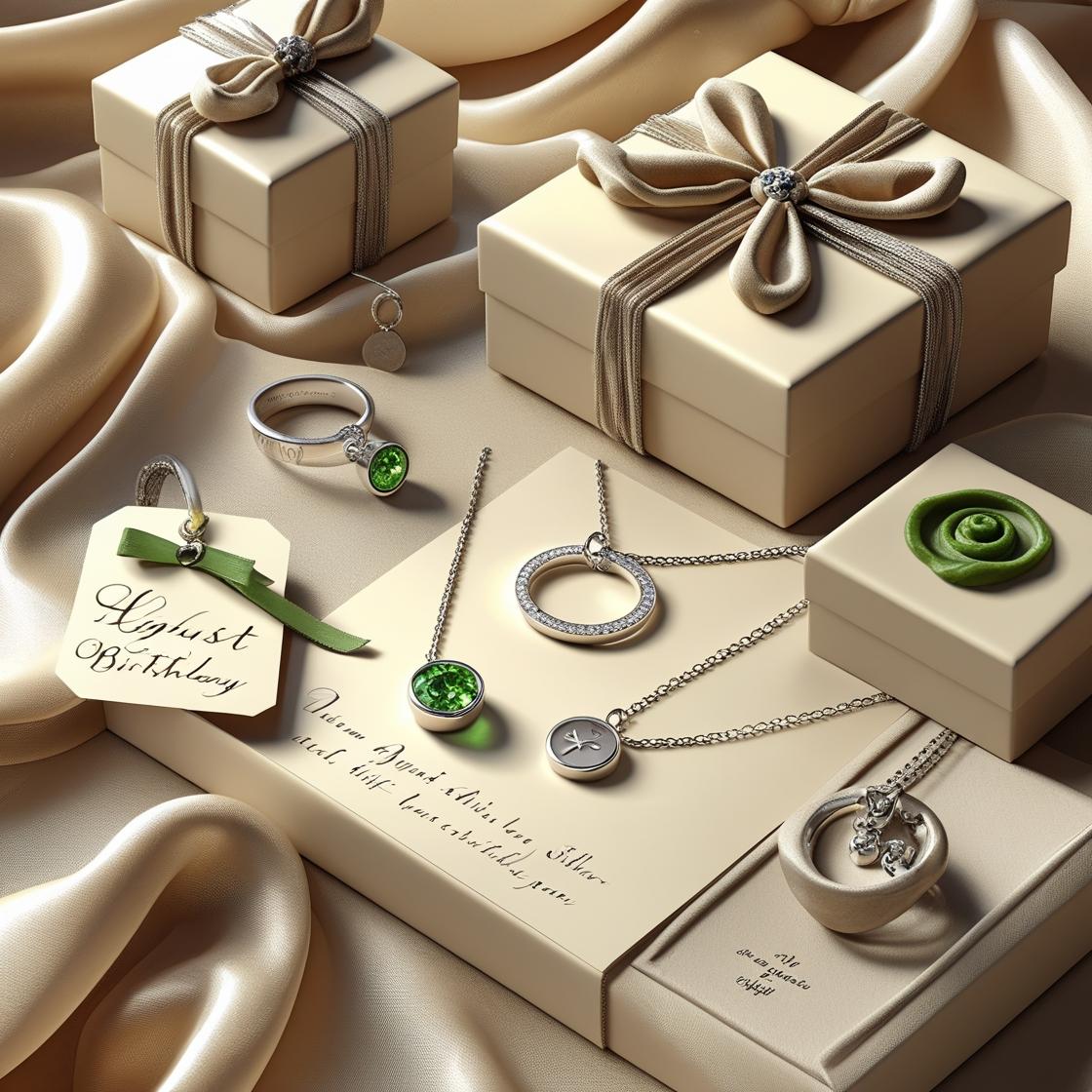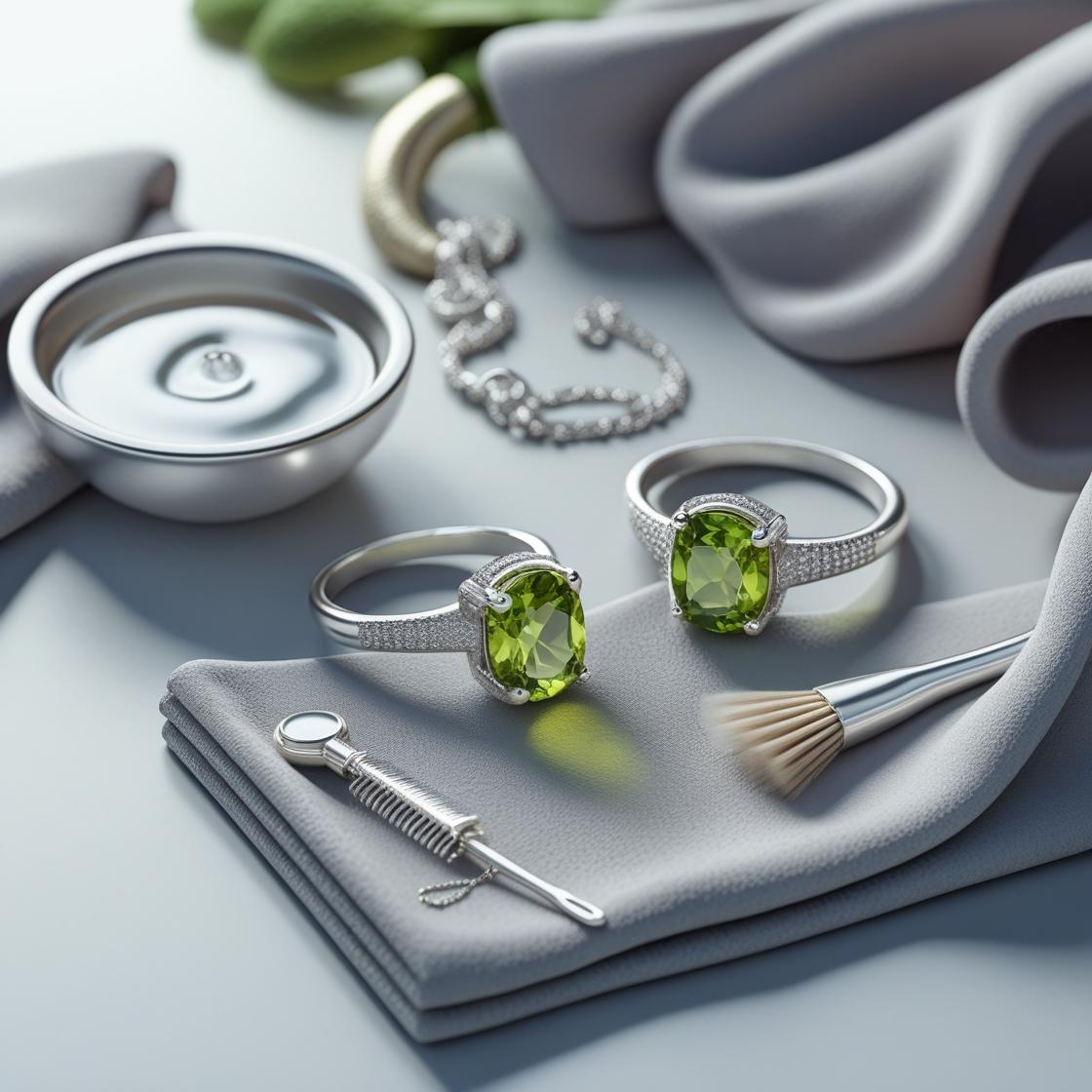
How to Care for Peridot Jewellery: Expert Tips to Keep Your August Gem Sparkling
Peridot’s vibrant green glow makes it a standout in any jewellery collection. But as the August birthstone, this gem needs more than admiration—it needs proper care. While it brings brightness and healing symbolism, Peridot’s moderate hardness means it requires gentle handling to stay beautiful for years. Here’s how to do just that.
Understanding Peridot’s Durability
Mohs Hardness Scale
Peridot scores 6.5 to 7 on the Mohs scale. It’s harder than pearl or opal, but softer than sapphire or diamond—making it semi-durable for daily wear.
Why Peridot Needs Special Care
- Scratches easily
- Vulnerable to chemicals
- Can chip with strong impact
Daily Wear Tips for Peridot Jewellery
When to Wear
Wear your Peridot jewellery on safe, low-activity days or for special occasions. It pairs beautifully with business and evening wear.
When to Remove
- Before exercising
- During chores or gardening
- While applying beauty products
Layering with Other Jewellery
To avoid scratches, don’t let Peridot come into direct contact with harder stones like diamonds. Separate layers are key.
Protect your piece—read our peridot jewellery guide.
How to Clean Peridot Jewellery Properly
Safe Cleaning Steps
- Mix warm water with a few drops of mild soap.
- Dip a soft toothbrush or cloth and gently clean the gem.
- Rinse with clean water and pat dry with lint-free cloth.
Avoid These Methods
- Ultrasonic or steam cleaners
- Harsh chemicals like bleach or ammonia
- High heat during cleaning
How to Store Peridot Jewellery Safely
Best Storage Practices
- Use a soft pouch or padded box
- Store away from direct sunlight
- Keep Peridot separate from other gems
Travel Protection
Wrap Peridot jewellery individually and avoid compact packing. Travel with a secure, compartmentalized jewellery case.
Professional Care and Maintenance
When to See a Jeweller
- If the stone appears loose
- After a visible scratch or crack
- For deep cleaning or polishing
Regular Maintenance
Get your Peridot pieces checked every 6–12 months for prong stability and general wear.
Common Mistakes to Avoid
| Mistake | Why It's Risky |
|---|---|
| Using vinegar or baking soda | Too abrasive and can etch the stone |
| Wearing during workouts | Sweat and impact can damage the gem |
| Storing with diamonds | Diamonds can easily scratch Peridot |
Metals and Settings That Support Peridot Longevity
Best Metal Options
- Yellow Gold: Complements Peridot’s warmth
- Rose Gold: Romantic and soft pairing
- White Gold/Platinum: Durable and modern
Protective Settings
- Bezel: Shields the entire edge of the gem
- Halo: Adds extra gem buffer and sparkle
- Prong: Classic but should be checked for looseness
Signs Your Peridot Needs Attention
- Cloudy or dull appearance
- Wobbly or shifting in the setting
- Visible nicks or chips
- Prongs appear bent or worn
Then browse options in peridot jewellery. Need gift inspo? See the peridot gift guide.
FAQs
Can I wear Peridot every day?
Yes, if you avoid rough use and store it safely when not worn.
Is ultrasonic cleaning safe for Peridot?
No. Use only warm soapy water and a soft brush for cleaning.
Does Peridot fade over time?
Not usually, but constant sunlight and chemicals may dull its shine. Proper storage helps maintain brilliance.
Can I resize a Peridot ring?
Yes, but let a professional do it. Heat from resizing can damage the stone.
What’s the best way to travel with Peridot jewellery?
Use padded pouches or hard-shell cases with dividers to avoid movement or impact.
What’s the safest metal for Peridot?
Yellow gold and platinum offer secure settings with style and strength.
Conclusion
Peridot is a radiant gemstone that deserves to shine. By giving it the right care—through proper cleaning, storage, and wear—you’ll ensure your August birthstone continues to glow beautifully for decades. A little attention goes a long way in preserving this powerful symbol of joy and renewal.
Shop Peridot Jewellery and care for your gem with love and intention.



